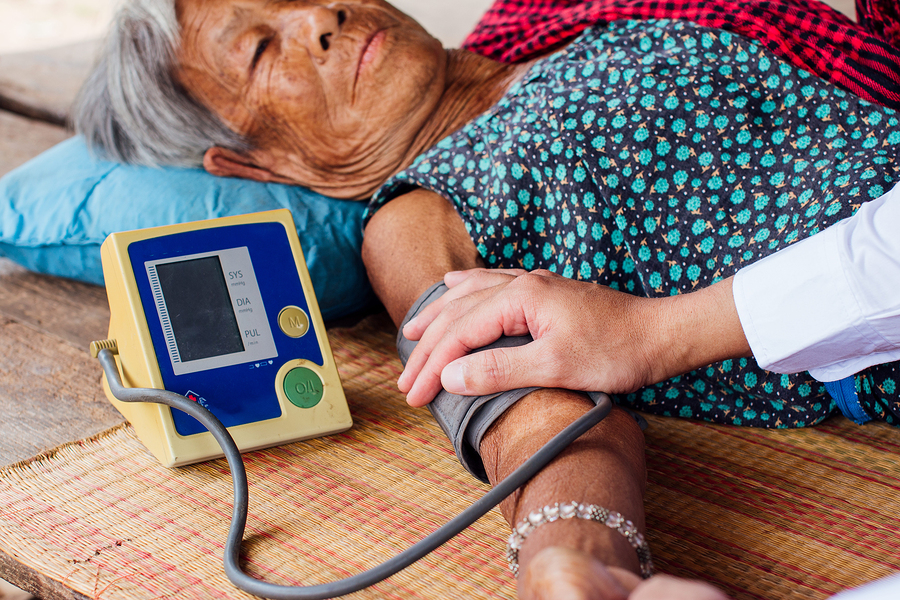About a year ago, Rachel Meunier, a young nurse with a strong desire for autonomy, launched herself into a somewhat crazy experience: caring for patients in the Far North. It was a seed planted at the beginning of her health studies at college.
Once she received her bachelor’s degree, the young nurse had only one goal: to put everything in place to be ready to venture into a very remote region. “I wanted to discover new cultures and take a fresh look at health care,” she says.
But to head to the North, you need experience, and not just any experience. The lack of doctors — they go to the clinics once a month — gives these health workers great autonomy. They therefore find themselves with an expanded role, allowing them to take actions that only doctors are allowed to do in normal times.
After completing an internship in Senegal and India, working in emergency and then holding a position in social pediatrics in Montreal North, within two years Rachel Meunier felt ready for this challenge that had been burning inside her for so long.
After the Solution Nursing agency, specializing in the North, recruited her, she underwent training for about a month and a half to prepare her for what lay ahead. For her part, she read a wealth of information about life in the Aboriginal communities.
For a year, Rachel Meunier has been travelling from village to village. She has learned a lot about Aboriginal culture and languages. She is earning a good salary, has flexible hours and chooses the villages she wants to go to.
These are just some of the benefits of working in Nunavik as a nurse. Many more can be added to this list, such as the transport provided and furnished lodging. There is plenty of time off: “We work for a month, then have a month of vacation. We’re the ones who choose. Some work for two months, then leave for a month. At the end of the year, there has been nearly four months of vacation. But it is a demanding job, both physically and mentally. You need this rest period to recharge your batteries,” she says.
Working with an agency is different, however, from nurses hired directly be health centres. The health centres contribute to pension funds, have paid vacations and plane tickets for them and their spouse.
“I would not suggest going there if the objective is to make money,” says Rachel. “It can harm the communities. I have always been well received. But we can be an irritant. We are white people coming into their communities, just the same…”
A year after leaving, she has no regrets about having embarked on this experience.
“It taught me a lot. You work on yourself, on your stress. There are villages with no internet access. You reconnect with nature. It’s also a completely different pace of life. We tend to project ourselves into the future. The Inuit live in the present moment.”
Entranced by the tundra and landscapes as far as the eye can see, Rachel Meunier plans to work for several more years in Nunavik.
